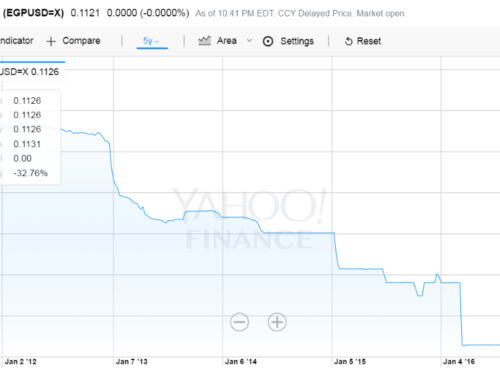I’ve tried to avoid writing about it but to no avail. My latest piece in Foreign Policy is about the #NGOcrackdown debacle, how SCAF aren’t completely irrational sons of bitches, and that by betting the Egyptian people’s finances and international reputation, they can’t really lose – the only losers will be Egyptians and the local civil society.
———————————
PLAYING A DANGEROUS GAME IN EGYPT

I’ve been waiting for this story to die away but it doesn’t appear to want to. I’m observing its escalation with amused horror. Amused, because it looks like the Egyptian military government is effectively bullying the U.S. in a crisis neither really controls. Horror, because when all is said and done the losers will be the Egyptian people.
A brief recap: In December, the Egyptian authorities raided the offices of 17 humanitarian organizations. The police confiscated documents, money, computers. The government, basing its actions on a shameful and draconian Mubarak-era law, accused the groups of receiving illegal funding from overseas and operating in Egypt without proper registration.
Four of the 17 are U.S.-based organizations: the International Republican Institute (IRI), the National Democratic Institute (NDI), the International Center for Journalists (ICFJ), and Freedom House. One is German, the Konrad-Adenauer-Stiftung. Several of the groups’ staffers, including such notable figures as Nasser Amin, director of the Arab Center for the Independence of the Judiciary and Legal Profession, were detained and questioned for hours on end.
The charges are ludicrous. Suffices it to say that the “revelations” publicized by the investigating judge include things like “maps of Egypt divided into four” found in the offices of one organization, cited as evidence of a nefarious plan to fragment the country. The organization in question responded that those were government-supplied maps that showed voting districts.
The funding for these groups is generally quite transparent, and all of them have filed for registration, some as early as 2005 – without ever receiving a response, positive or negative. It’s also hard to claim that they’ve been operating out of the public eye, since they all regularly cooperate with state public institution. Both IRI and NDI were authorized to deploy election monitors to the parliamentary elections in November and January.
The only thing these organizations really did wrong was to fall in the same trap as many of us Egyptians: they assumed that freedom was on the rise. They failed to foresee the forces that were pushing in the opposite direction, or that these forces might rely on Mubarak-era dictatorial laws to prosecute them. Perhaps we should have all seen it coming. After all, the person behind this latest attack on our liberties is the minister of international cooperation, Fayza Abul-Naga, a Mubarak-era relic who has outlived a revolution and three post-revolutionary cabinets. She’s the one who has been spearheading the attacks — with the blessing of the ruling military body, the Supreme Council of the Armed Forces (SCAF).
On Feb. 6, the Egyptian authorities announced they would refer 43 people to a criminal court for trial. Of those, 19 are US citizens. Some sought refuge at the U.S. embassy. All are banned from leaving the country.
Why now? Some members of Egyptian non-governmental organizations (NGOs) believe that the purpose is to divert attention away from the military’s own shortcomings by creating a hypothetical foreign attack on national sovereignty even while intimidating the very organizations most likely to criticize them for poor governance.
The American government is understandably nervous. Its official statements have wavered between miscomprehension, delicate diplomacy, and forceful objection. On Feb. 14, the U.S. Embassy in Cairo felt compelled to issue a “fact sheet” explaining the rationale behind American support for organizations promoting democracy and human rights overseas. The whole exercise felt embarrassingly tentative.
To continue reading, click here



